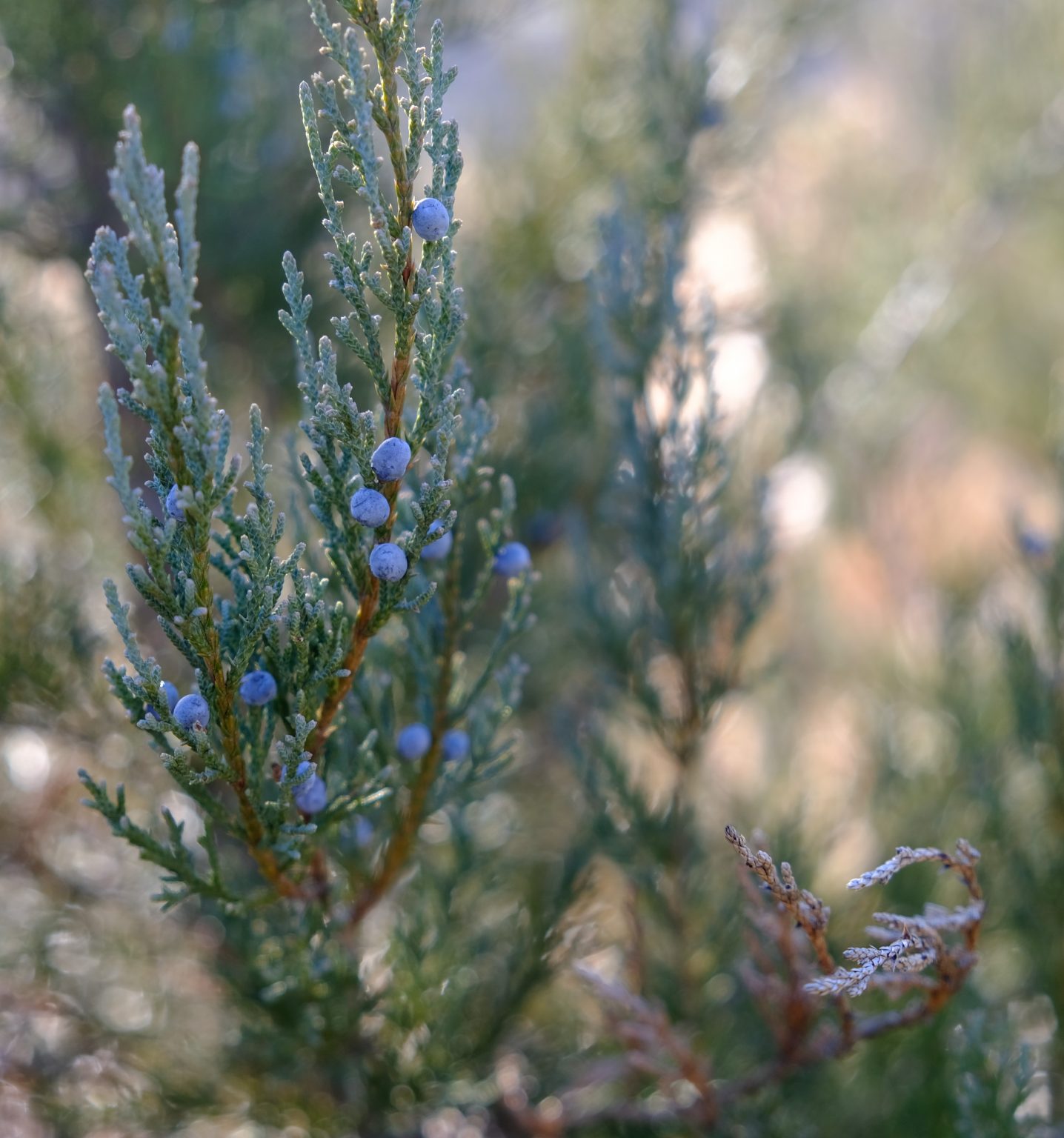Top Plant Picks February 2022
We may be gearing up for spring, but these featured winter plants are not to be missed! Cheekwood’s Plant Collections Manager, Shanna Jones, shares her top plant picks for February.
Japanese Cornelian Dogwood (Cornus officinalis)
Bloom Time: January – March
Sun Requirement: Full sun – part shade
Water Requirement: Medium
Wildlife: Birds eat the fruit.
Tolerates: Deer
Native to North America: No
Zones: 5 – 8
Other: Native to Japan, China, and Korea. Grows 15 – 25 feet tall. This dogwood is similar in appearance to the Cornelian Cherry (Cornus mas), which flowers later.
Location: Carell Dogwood Garden
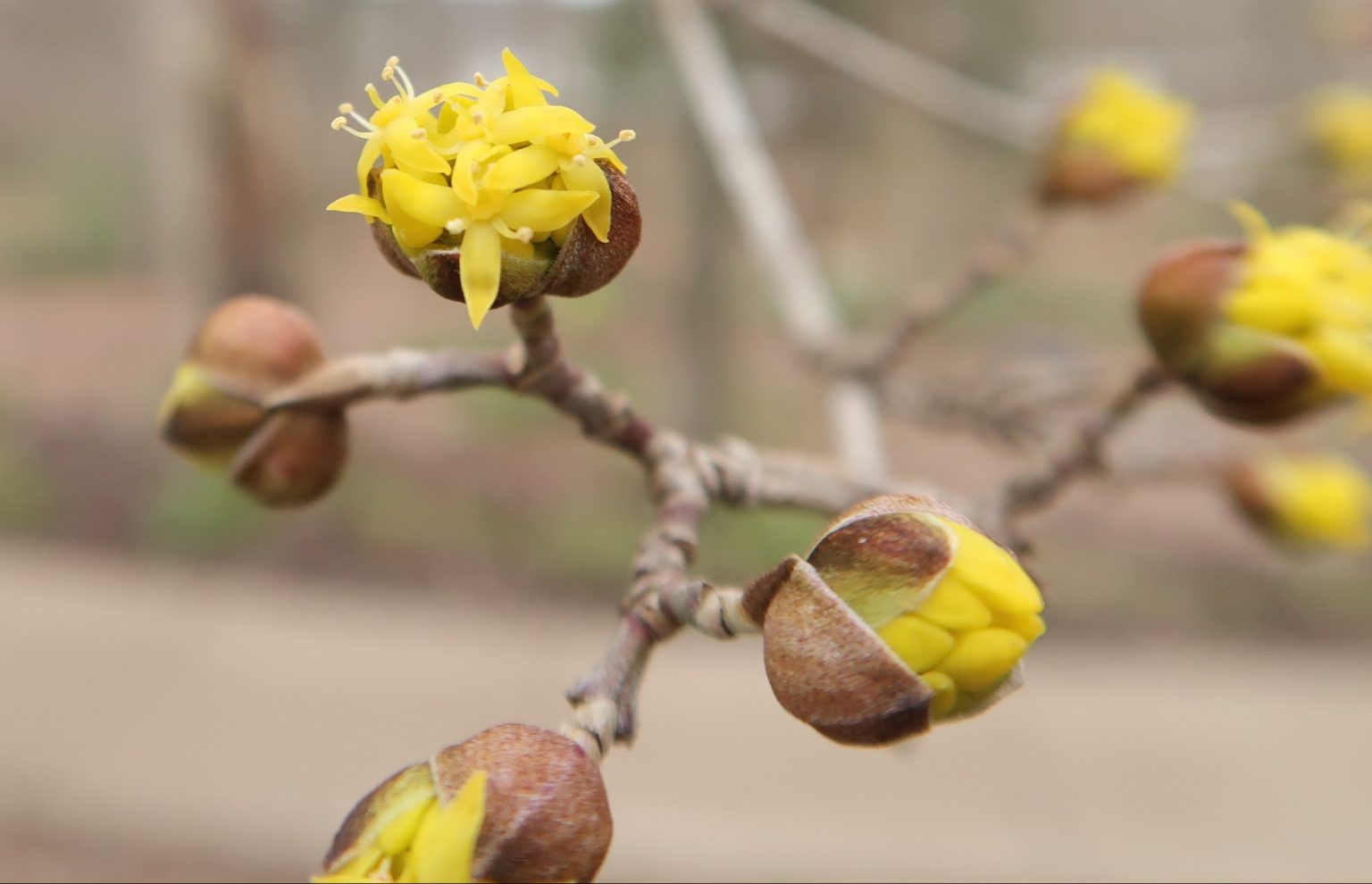
Boxwood (Boxwood ‘Dee Runk’)
Bloom Time: March – April
Sun Requirement: Full sun – part shade
Water Requirement: Medium
Wildlife: Provides cover for birds.
Tolerates: Deer, rabbits
Native to North America: No
Zones: 6 – 8
Other: Natural, pyramidal form. Great specimen plant.
Location: Howe Garden
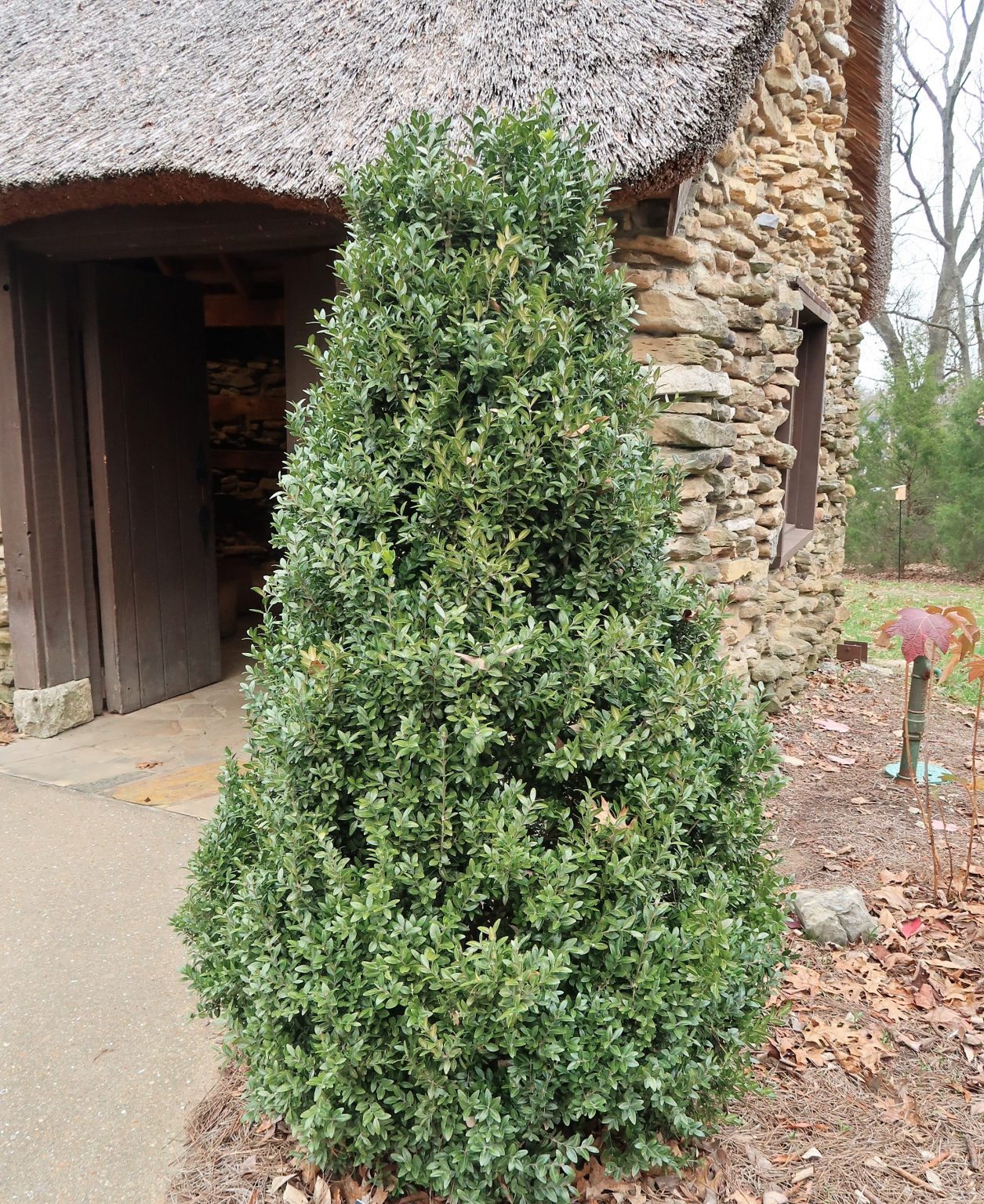
Chinese Wild Ginger (Asarum splendens)
Bloom Time: March – April
Sun Requirement: Part shade
Water Requirement: Dry – medium
Wildlife: Pollinated by ants and other small critters that crawl in and out of flower
Tolerates: Drought, deer, & rabbits, shade
Native to North America: No
Zones: 5 – 9
Other: Evergreen groundcover
Location: Herb Study Garden
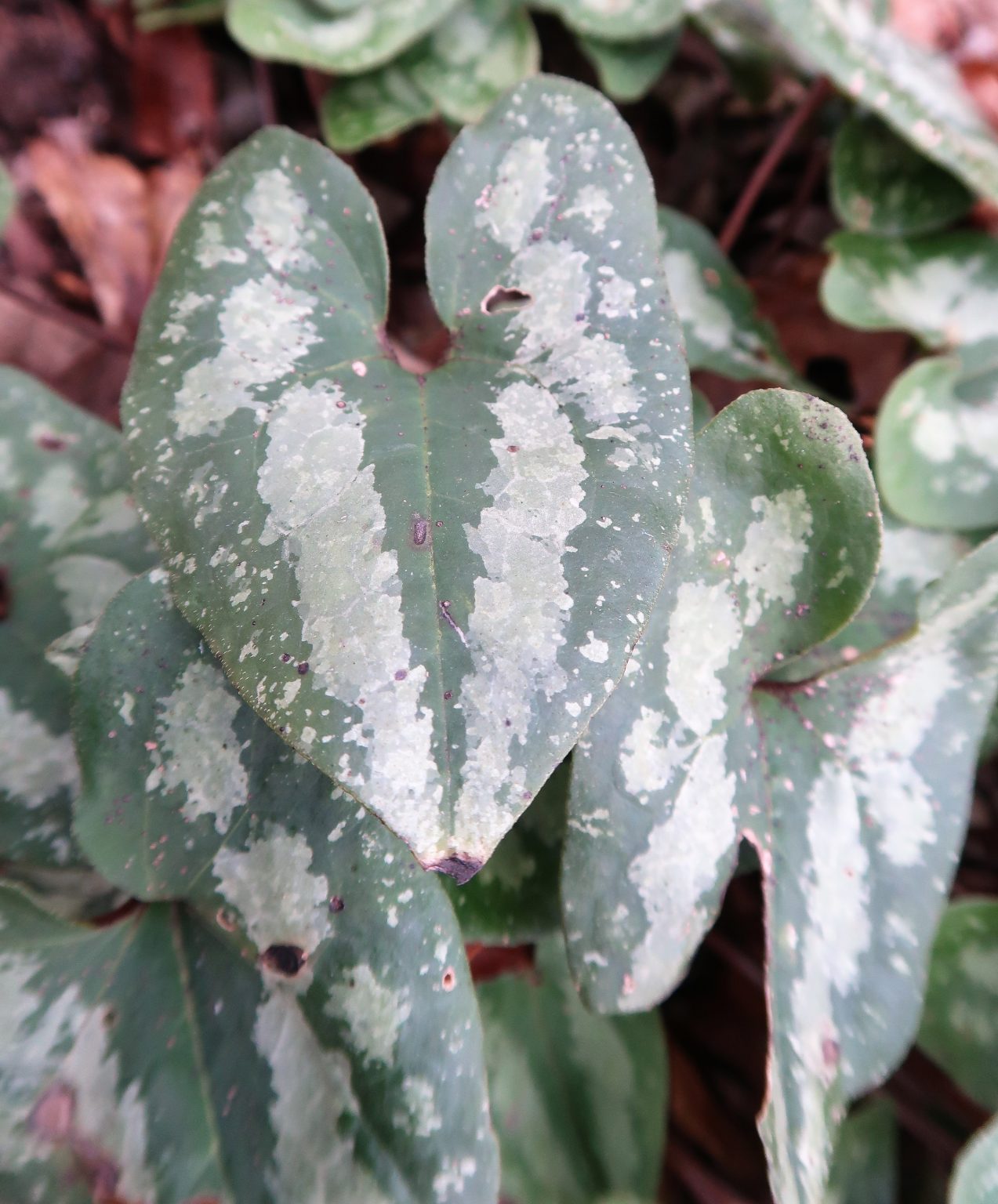
Stinking Hellebore (Helleborus foetidus)
Bloom Time: February – April
Sun Requirement: Part shade – full shade
Water Requirement: Medium
Wildlife: Bees
Tolerates: Deer
Native to North America: No
Zones: 5 – 9
Other: Evergreen perennial. Showy and unpleasantly fragrant. The leaves, stems, and roots of hellebore are toxic and poisonous to humans if ingested.
Location: Turner Seasons Garden
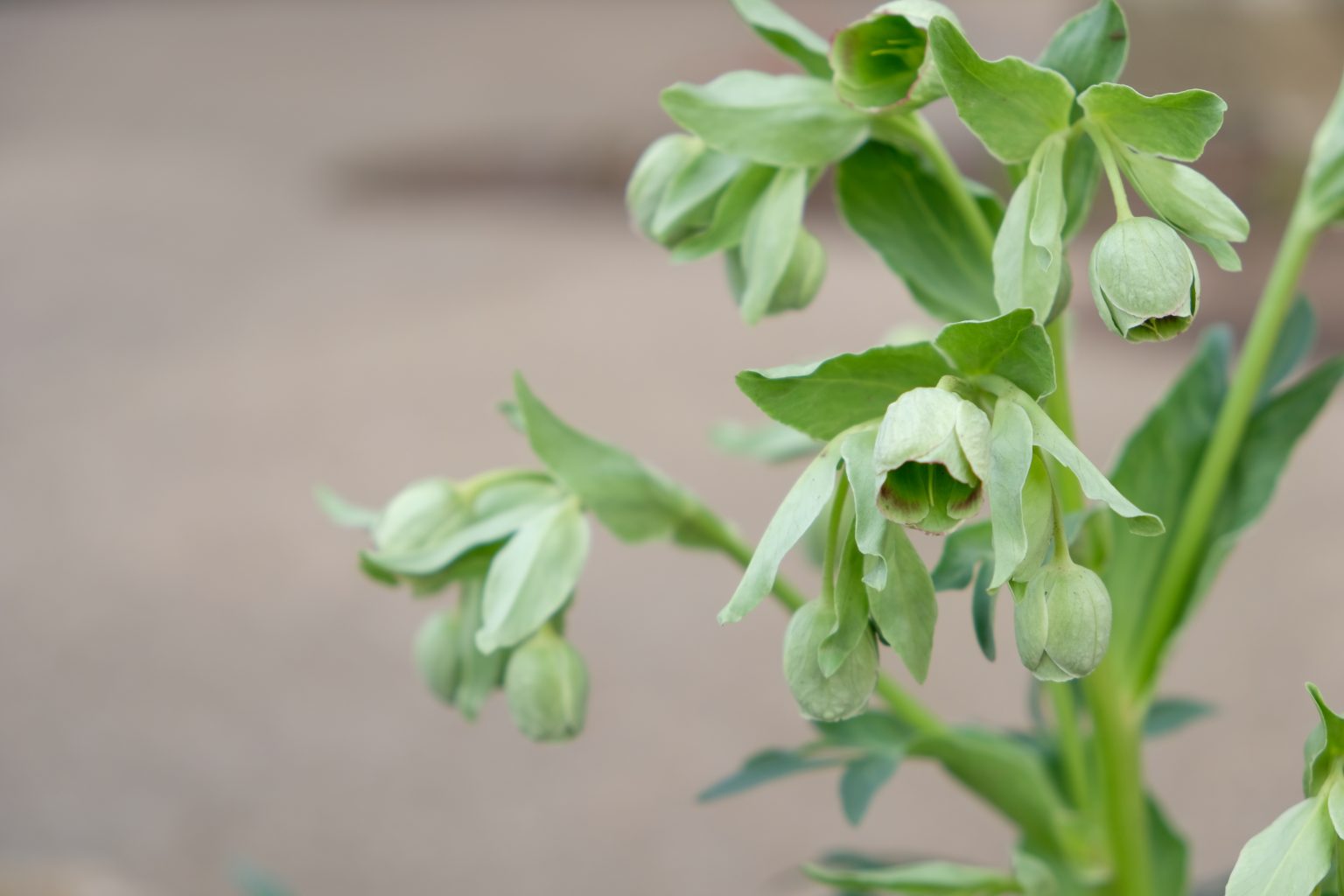
Thompson’s Yucca (Yucca thompsoniana)
Bloom Time: March – May
Sun Requirement: Full sun
Water Requirement: Dry
Wildlife: Pollinated by the Yucca moth. Birds, deer, small mammals and nectar-feeding bats feed on the fruit and seeds.
Tolerates: Drought
Native to North America: Yes
Zones: 7b – 11b
Other: Adaptable to many soil types. Will grow up to 6 – 12 feet tall with a width of 5 – 8 feet wide.
Location: Sigourney Cheek Literary Garden
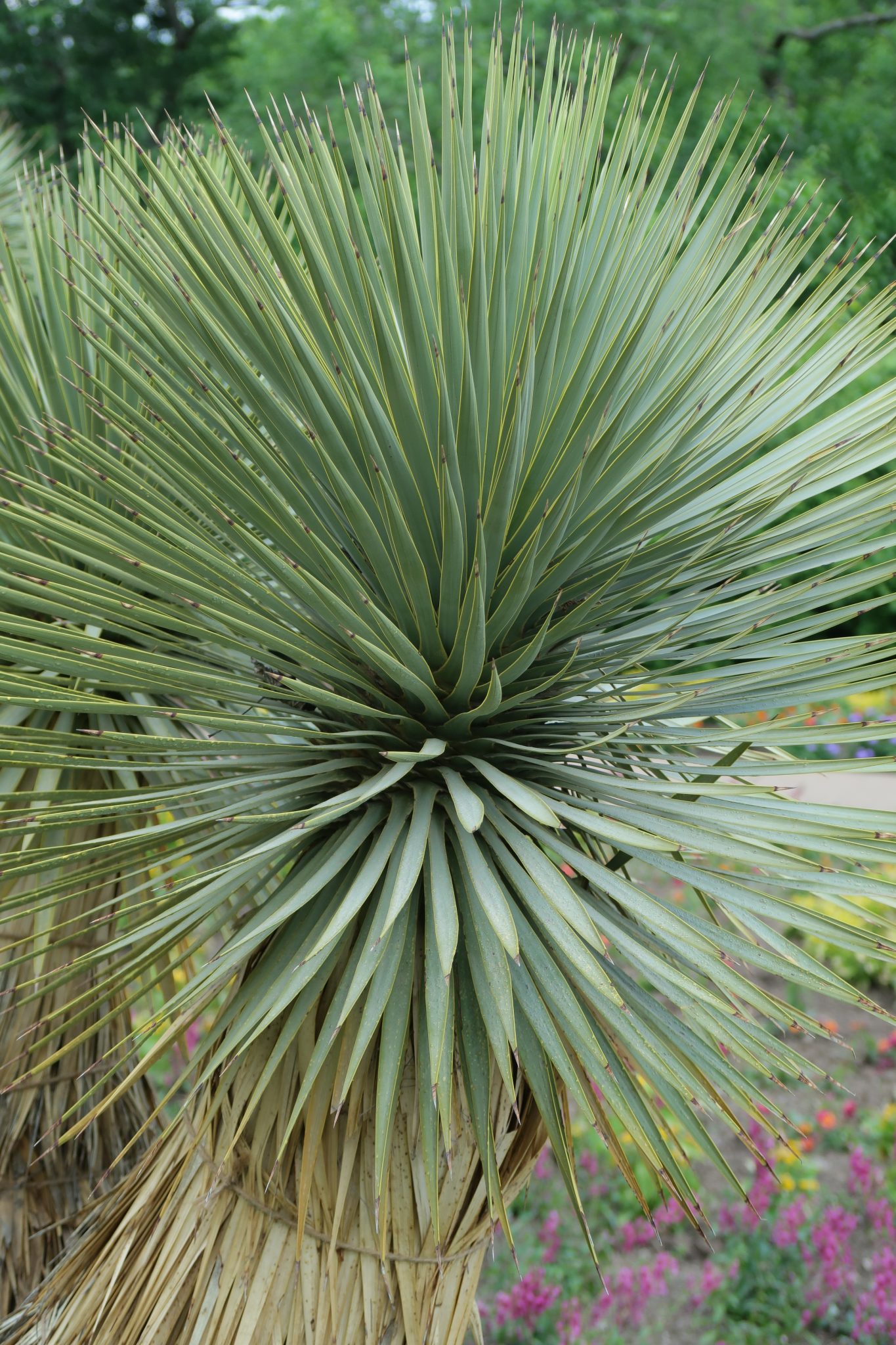
Hemlock (Tsuga canadensis)
Sun Requirement: Part shade – full shade
Water Requirement: Medium
Wildlife: Seeds are a food source for birds and mammals. Provides nesting habitats for many bird species.
Tolerates: Deer & heavy shade
Native to North America: Yes
Zones: 3 – 7
Other: Evergreen. Risky climate conditions in zone 6! Does not perform well with heat and humidity. Intolerant of drought.
Location: Carell Dogwood Garden
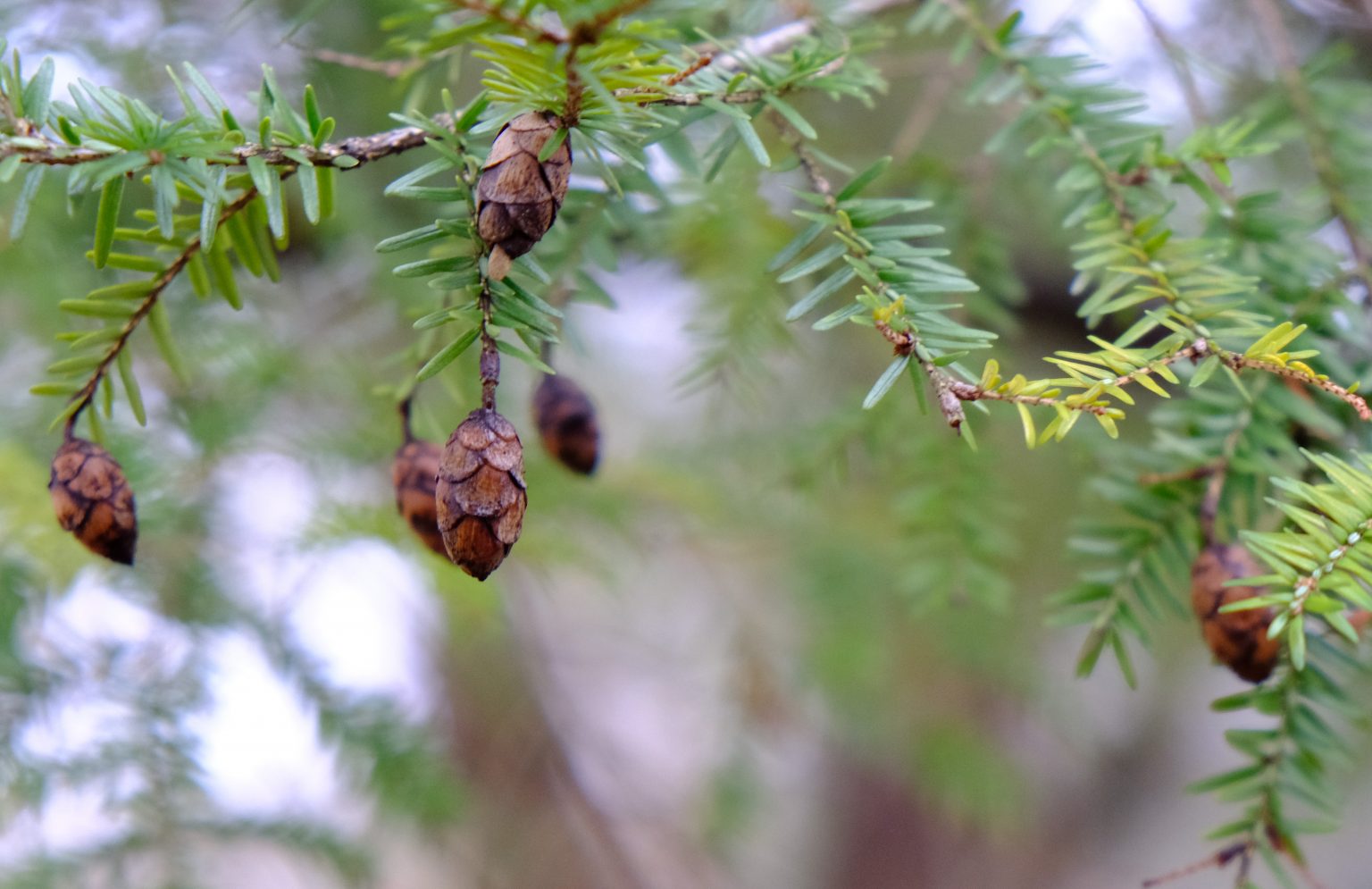
Winter Aconite (Eranthis hyemalis)
Bloom Time: March – April
Sun Requirement: Full sun – part shade
Water Requirement: Medium
Wildlife: Provides early season food for bees and other pollinators, like the drone fly.
Tolerates: Deer
Native to North America: No
Zones: 3 – 7
Other: Normally blooms before crocus in late winter. Like daffodils, naturalize well. Native to Southern Europe.
Location: Howe Garden
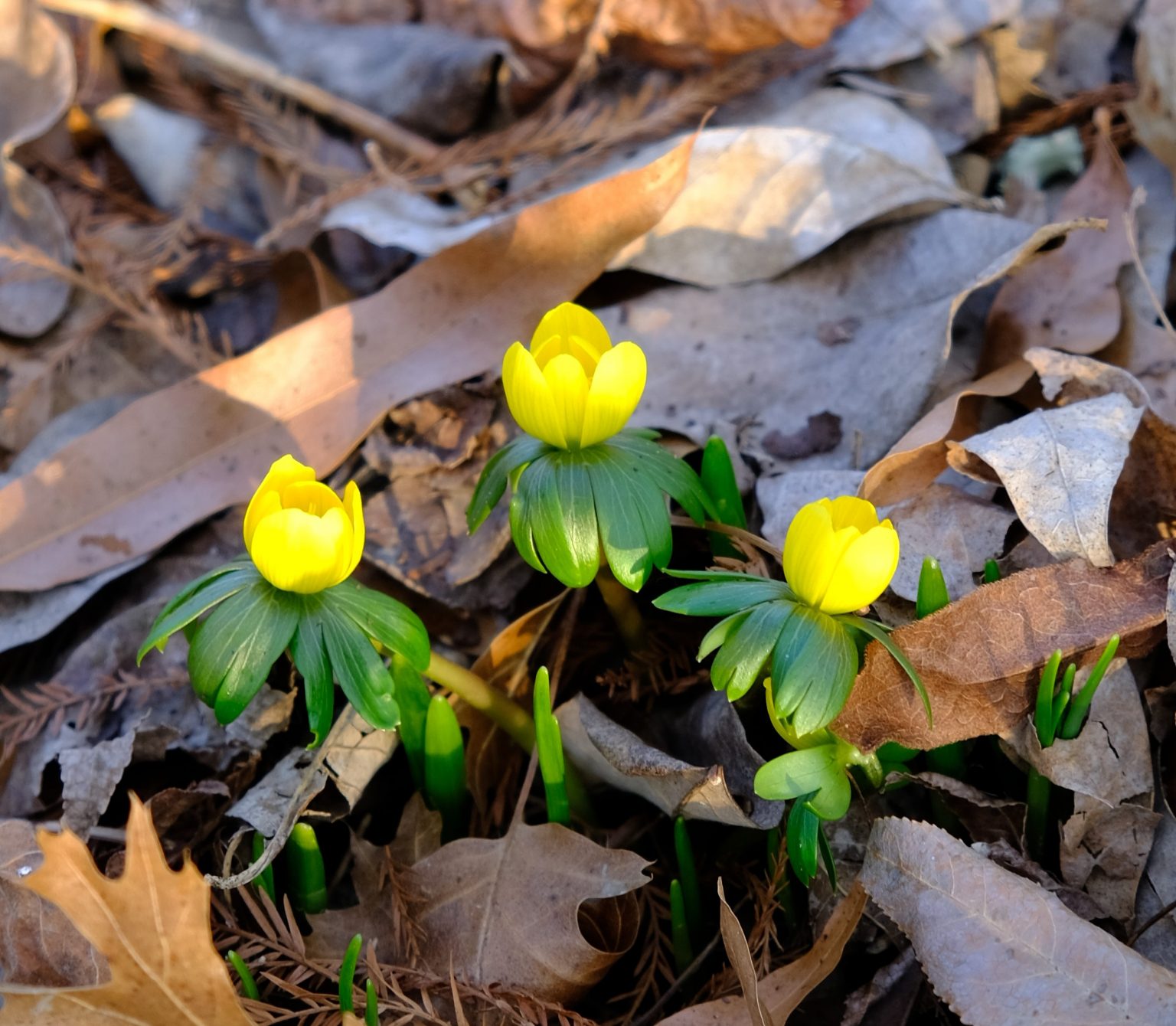
Eastern Red Cedar (Juniper virginiana)
Sun Requirement: Full sun
Water Requirement: Dry – medium
Wildlife: The berry-like cones are a food source for birds and small mammals.
Tolerates: Deer, drought, & erosion
Native to North America: Yes
Zones: 2 – 9
Other: Best drought resistance of any native conifer in the Southeast. The rot resistant wood is used for cedar chests and fencing
Location: Bradford Robinson Color Garden
